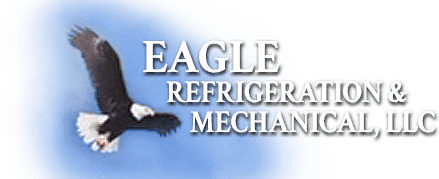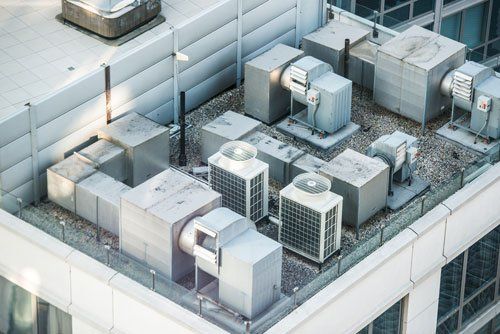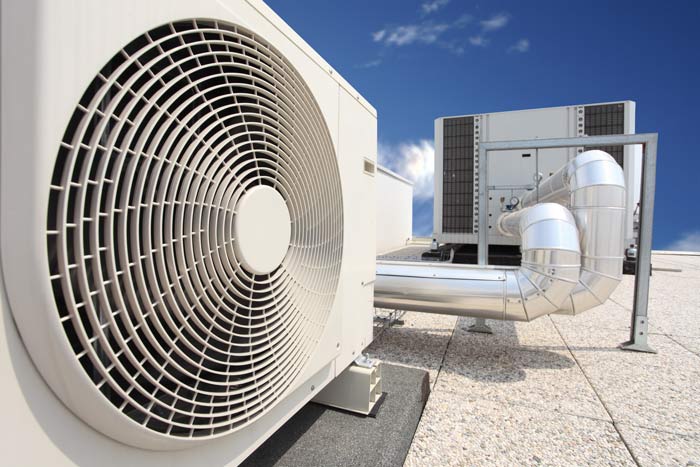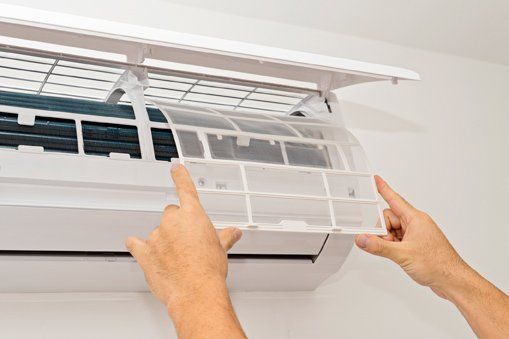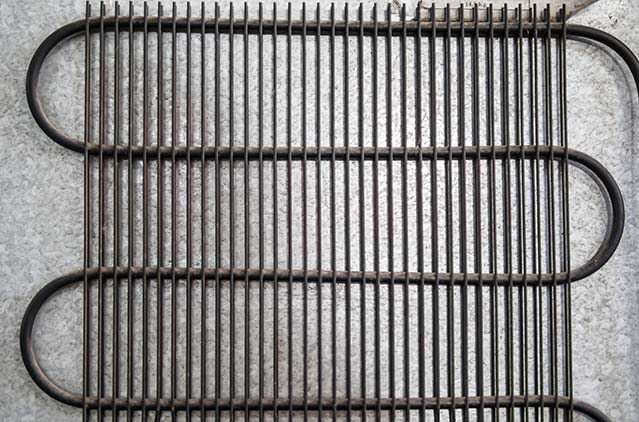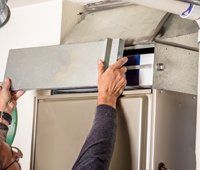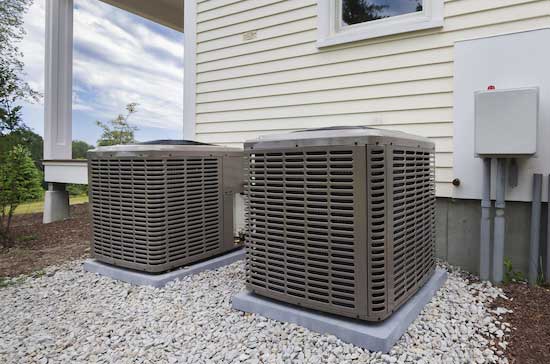Four Signs Your AC System May Need Professional Repair
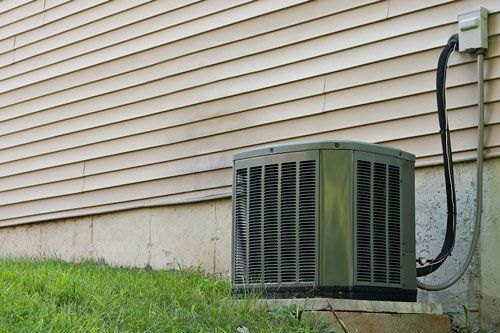
Whether you're a homeowner with a residential AC system on the fritz or if your commercial system has failed, AC failure is uncomfortable and frustrating. AC failure can even hazardous to health and safety during the summer months. Here are some signs that your malfunctioning system may need professional help.
Your Unit Doesn't Cool Efficiently
A dirty unit, or one with low air flow, is less efficient than a well-kept unit. So if you've noticed your AC system's efficiency gradually decreasing over time, it's a good idea to try some home maintenance before calling for professional repairs. First, try replacing the air filters at each intake vent; if these are clogged, they can lower the amount of air that reaches the unit.
Then check around the outdoor unit itself to make sure all vegetation is at least a couple of feet away from the unit on all sides. Clear away any undergrowth, bushes, or weeds that have grown up around or near the unit. Lastly, check to make sure that dead leaves and other debris haven't fallen inside the unit or landed on its cover.
Once you've performed these maintenance steps, wait a while to see if your AC system's efficiency and effectiveness improve. If not, you could have low coolant levels, a problem which requires professional help.
Your Unit Stops Running
If your unit won't run at all, there could be a simple power connection problem or a larger problem with the compressor or some other critical component of the system. Before you call a professional, check the circuit breaker and the emergency switch as well as the unit's main on/off switch. You can also try performing a reset.
If these checks don't solve the issue, it's probably a real problem. You could be looking at a problem such as electrical failure, or even a total compressor failure. Both of these problems will need to be addressed by a trained professional.
Your Unit Has Ice on its Coils
If you observe that your AC unit's coil is iced up, you may or may not need a professional repair. What you certainly do need to do is turn the system off, then run just the fan (without the cooling component) to help the unit recover.
Next, check to see if there's an obvious reason for the ice. Some factors that can contribute to a unit icing over include:
- Overuse
- Incorrect sizing
- Reduced or blocked airflow
- Low coolant levels
If there's an airflow problem, you can simply wait for the unit to thaw, fix the airflow problem, then use the system as usual and keep an eye on it to see if it ices up again. If it does, you may wish to call in a technician for a coolant refill.
Your Unit Blows Warm Air Instead of Cold
If your AC unit is still blowing air, you know that it hasn't had a complete motor failure. But that probably doesn't make you feel better about being overheated especially when the AC is blowing warm or hot air.
Blowing warm or hot air can be just a form of the decreased efficiency mentioned above. So it's a good idea to check filters and air flow before calling for help. However, if it starts blowing warm air suddenly, that's more likely to be an acute problem as opposed to the chronic one mentioned above.
One easily corrected problem is if your system's settings are simply messed up. It's all too easy with some systems to accidentally bump the "heat" setting to the "on" position, which would explain the outflow of warm air.
If you need help with any of the problems mentioned here if you're not sure what's wrong with your AC system contact Eagle Refrigeration & Mechanical today. You can use our online form or simply call us at 225-751-6912.
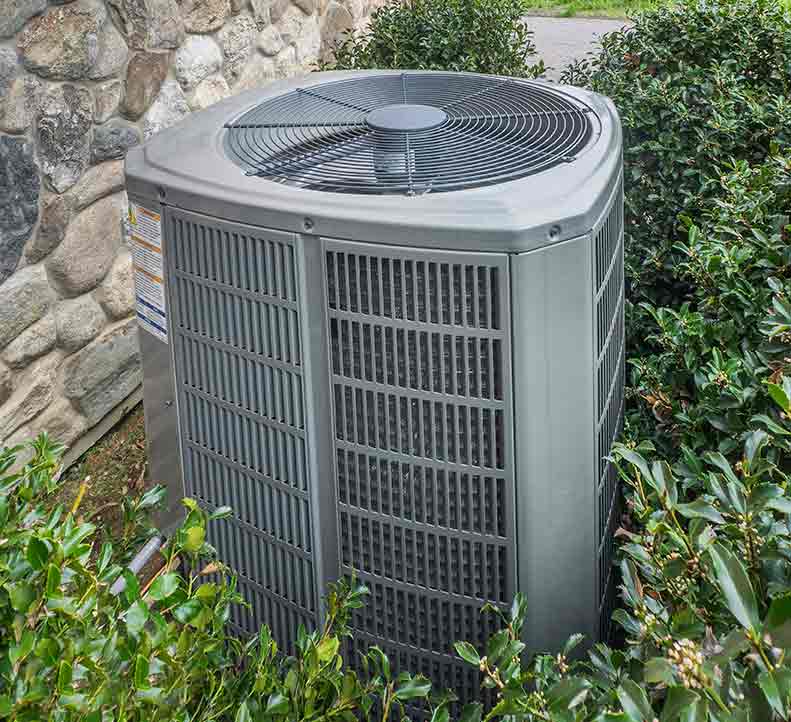
Few things are more inconvenient than your air conditioner not working. Many issues can cause the air conditioner to not work, some of which are significant. The compressor in the air conditioner is a crucial part of the system. When the compressor fails, not only will your home become uncomfortable, but you can also expect a pretty expensive repair bill. Fortunately, compressor failure is preventable - if you maintain the system on a routine basis with a licensed HVAC technician. The following are some problems that lead to system failure that you can prevent with regular servicing.
